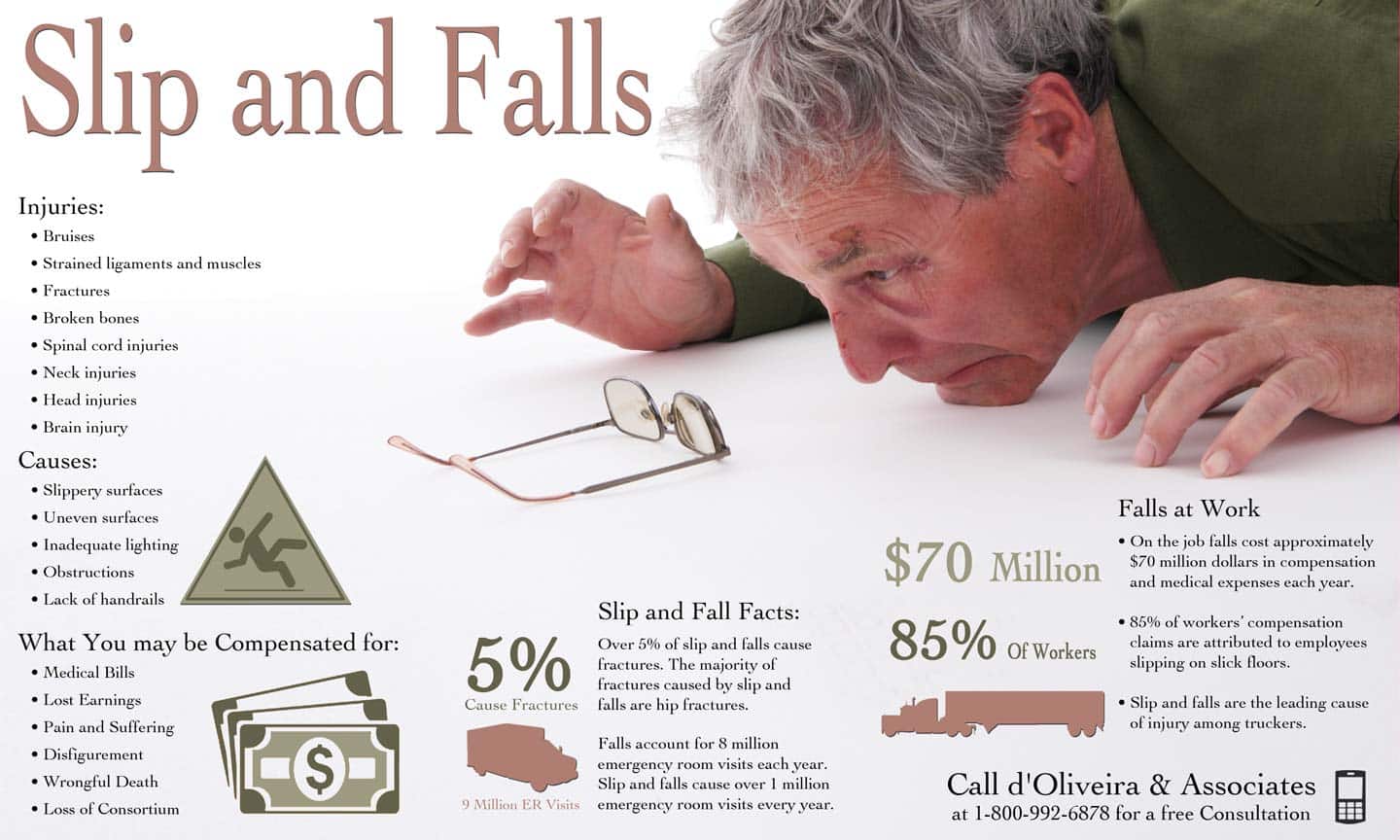Landlord-Tenant Legislation: A Real Estate Legal Representative'S Overview
Landlord-Tenant Legislation: A Real Estate Legal Representative'S Overview
Blog Article
Authored By-Calderon Vinding
When it concerns landlord-tenant legislation, recognizing your civil liberties and responsibilities is crucial for both events. You may think you have a solid grasp on the fundamentals, yet there are typically nuances that can catch you unsuspecting. Whether you're a landlord handling a property or a renter seeking a secure home, comprehending the lawful landscape can make all the distinction. What may amaze you are the complexities involved in browsing conflicts and expulsion procedures.
Recognizing Renter Rights and Responsibilities
When you rent a property, it's crucial to recognize your rights and obligations as an occupant. You have the right to a safe and habitable living setting, meaning your landlord has to maintain crucial solutions like home heating, plumbing, and electrical energy.
You're likewise qualified to privacy; landlords generally require to give notification before entering your system.
On the other side, you're responsible for paying lease promptly, keeping the property tidy, and not causing damages past normal deterioration.
read review with your lease agreement, as it outlines particular regulations and responsibilities. Knowing these facets not only safeguards you but additionally fosters a favorable partnership with your property manager.
Stay educated, and you'll navigate your tenancy better.
Trick Proprietor Responsibilities and Legal Factors To Consider
While you may know your rights as a tenant, it's just as crucial to recognize your property manager's obligations.
Landlords need to supply a risk-free and habitable living environment, ensuring that essential systems like home heating, pipes, and electrical power remain in working order. They're likewise in charge of making necessary repair services without delay and sticking to local building ordinance.
Additionally, proprietors must value your privacy by offering correct notification before entering your system, usually 24 hours. They must deal with down payment according to state legislations, consisting of returning them quickly after you vacate, minus any kind of legal deductions.
Comprehending https://fortune.com/2022/02/12/nft-florida-home-sale-ether-copyright/ can aid you preserve a positive connection with your property manager and ensure your living situation satisfies legal criteria.
Navigating Conflicts and Expulsion Procedures
Disagreements between landlords and lessees can arise all of a sudden, making it critical for you to understand the processes associated with fixing them.
Initially, communication is vital-- try to talk about issues straight to find a compromise. If that stops working, acquaint on your own with your neighborhood legislations pertaining to disputes and expulsion. Record whatever: keep documents of communications, payments, and any violations.
If eviction ends up being necessary, ensure you adhere to the lawful actions called for in your location, which commonly consists of offering created notification and a particular duration for resolution.
Be prepared to head to court if the scenario intensifies, as it may be your only option. Recognizing these processes will certainly assist you browse disagreements more effectively and secure your legal rights as either a property manager or renter.
Conclusion
In recap, understanding landlord-tenant legislation is vital for both celebrations involved in a rental arrangement. By understanding your civil liberties and responsibilities, you can cultivate a far better living atmosphere and stay clear of conflicts. If conflicts develop, bear in mind that a real estate lawyer can aid direct you through the complexities of eviction processes and legal commitments. Staying informed and proactive will certainly make sure a smoother rental experience, whether you're a property owner or an occupant.
